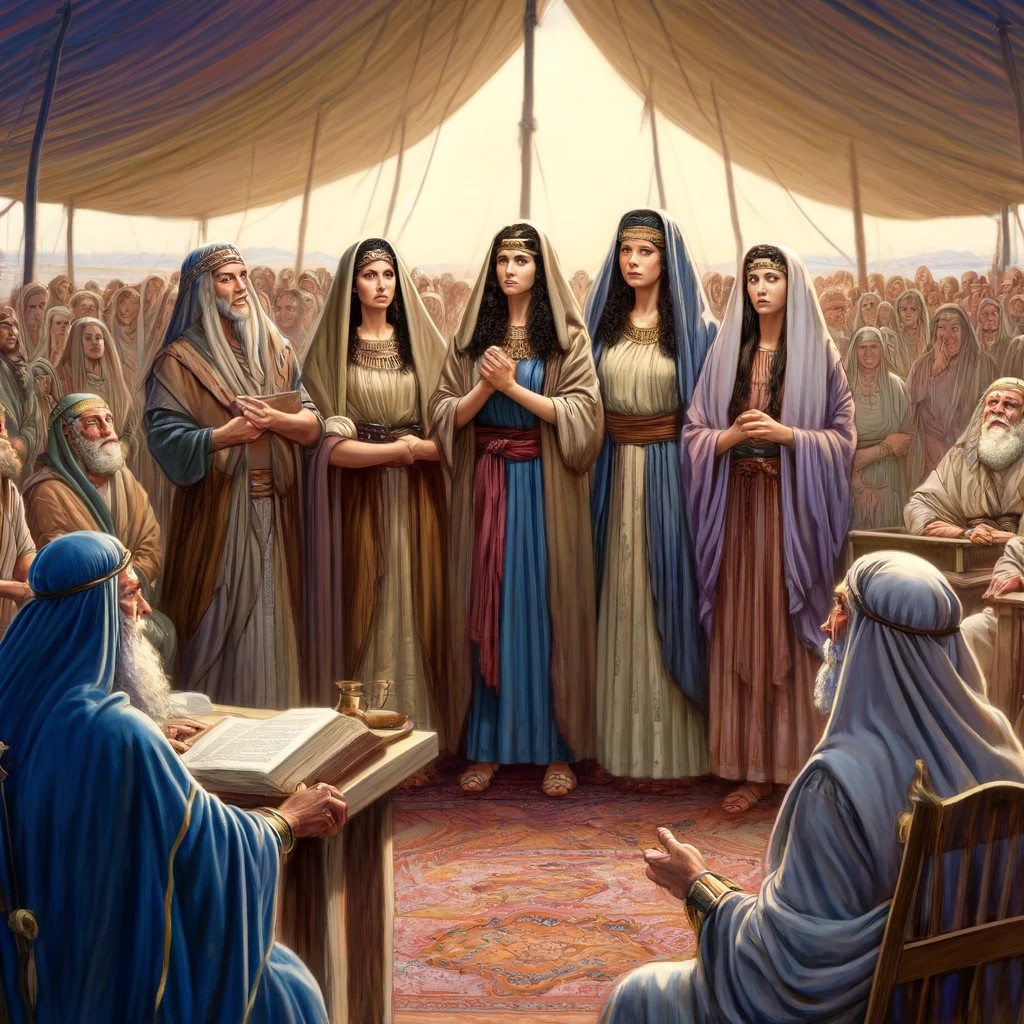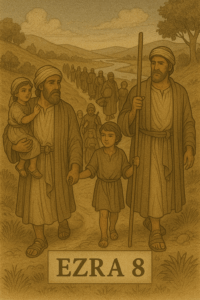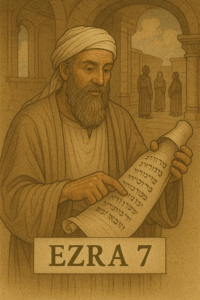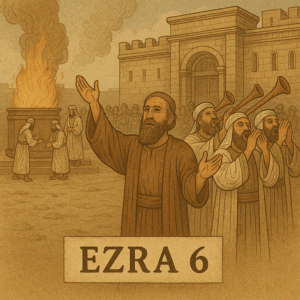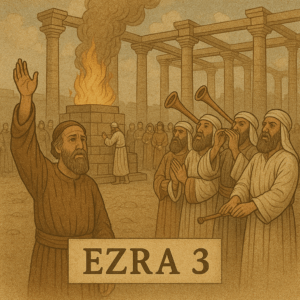Introduction.
Numbers 27 marks a moment in biblical law and the Israelites’ history, featuring the courageous plea of the daughters of Zelophehad. This chapter highlights issues of inheritance, women’s rights and also showcases God’s responsiveness to justice and equality. Through this analysis, we delve into the implications of this narrative for understanding legal rights and the progressive nature of biblical law.
The plea of Zelophehad’s daughters.
The story begins with the daughters of Zelophehad — Mahlah, Noah, Hoglah, Milcah, and Tirzah — who approach Moses, Eleazar the priest, and the leaders of the community at the Tent of Meeting to make a claim for their deceased father’s share of the land. Their father died without a son, and under existing norms, his inheritance would be lost. Their bold request challenges these norms, advocating for their rights to inherit property.
Divine Intervention and legal precedent.
In response to their plea, Moses brings their case before God, who affirms that the daughters’ claim is just. God instructs Moses to transfer the inheritance to them, setting a precedent for cases where a man dies without a son. This decision not only ensures that property remains within the family but also underscores the value of fairness and equality in God’s laws.
Key themes and lessons.
– Justice and fairness: This story is a profound reminder of the importance of justice and fairness within the community, reflecting God’s desire for equity.
– Women’s rights: The successful plea of Zelophehad’s daughters is an early example of advocating for women’s rights, highlighting the progressive aspects of biblical law.
– Responsiveness of divine law: The narrative shows that divine law is responsive and adaptable, capable of evolving to meet the needs of the people.
Conclusion.
Numbers 27 is not just a record of legal change; it is a testament to the enduring principles of justice and equality under God’s law. The story of Zelophehad’s daughters encourages us to consider how laws and societal norms can evolve to better reflect the values of fairness and equity.
Reflection.
Consider how modern societies can learn from the example of Zelophehad’s daughters. In what ways can we continue to advocate for justice and equality in our communities?
